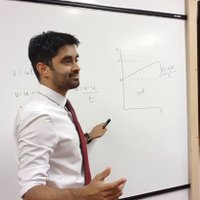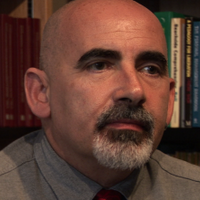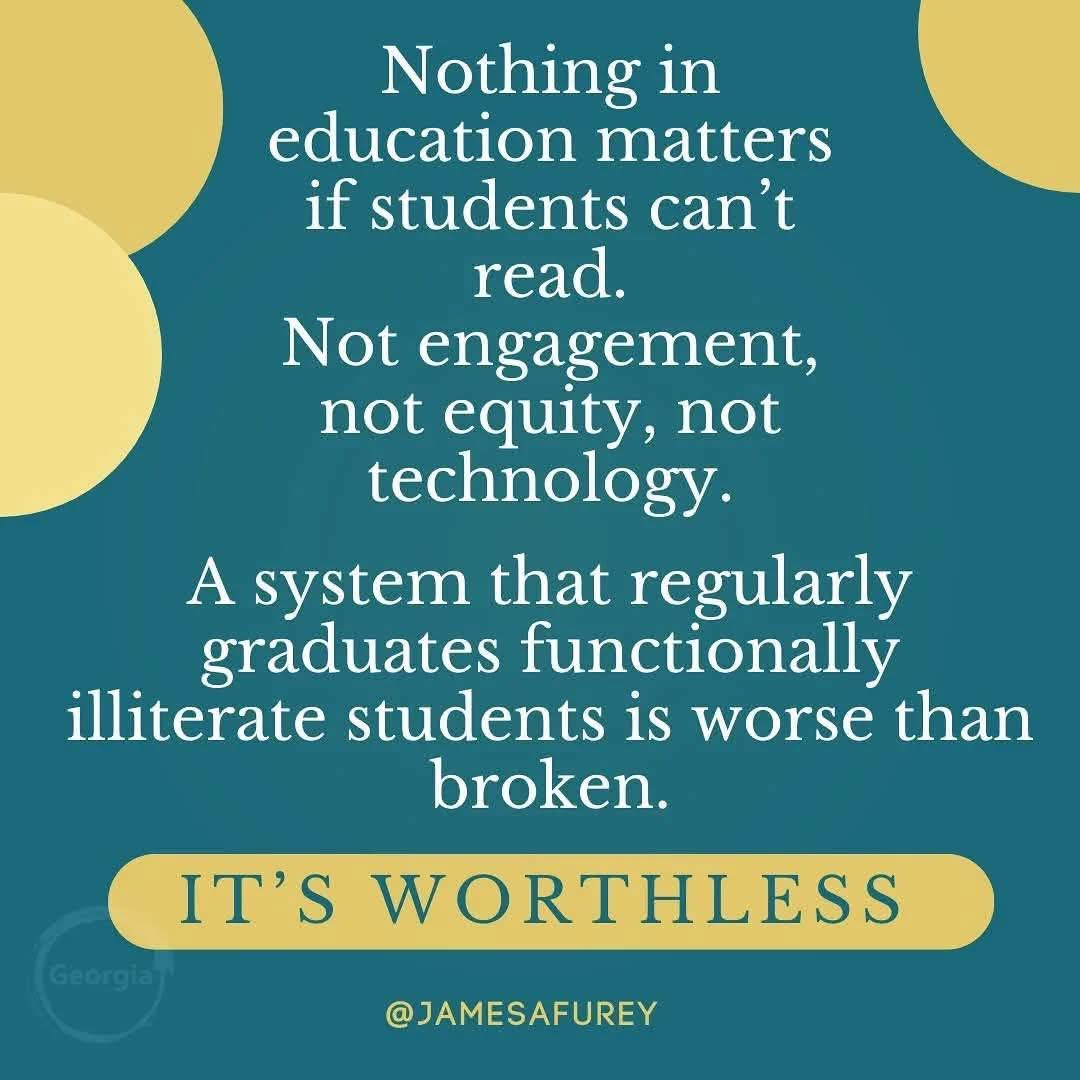
Aishwarya
@teachingtenets
Independent Educator | Language & Literacy | English & Kannada | ELL | LD | Responsive | Inclusive | Trauma-Informed
ID: 4831505902
https://www.teachingtenets.com/ 21-01-2016 02:05:34
4,4K Tweet
395 Followers
141 Following


Dylan Wiliam I'm no expert. But it struck me that balanced literacy (or whatever you call it) practitioners treat decoding as if it were natural and comprehension as if it must be taught, when the opposite seems more reasonable to me.

Andrew G. Biggs Dylan Wiliam We see that pattern with ed “progressives” all the time. According to them, children need to be taught teamwork, collaboration and how to play by an adult. Meanwhile, they can figure out how to solve quadratic equations, conjugate verbs & compose essays all on their own.









New post, on the professional discipline of saying "No". Inspired by some recent conversations with Sarah Cottinghatt researcherteacher.home.blog/2025/07/23/the…

Sarah Cottinghatt’s wonderful ideas about meaningful processing are a great example of how much work we have Ss doing that is a poor proxy for learning. Sure, they may be writing but what about and for what purpose? Are they meaningfully explaining how old and new ideas connect? 🧵👇



Carl Hendrick This is why Brent Davis' distinction between evaluative and interpretive listening—jstor.org/stable/749785—is so important. The evaluative listening teacher is listening for the correct answer. All incorrect answers are equivalent; they just mean the student didn't get it.

Carl Hendrick The interpretive listening teacher, on the other hand, sees different incorrect responses as different, because they signal different reasons for the students responses. This shift is one of the most significant shifts in teachers adopting formative assessment.





